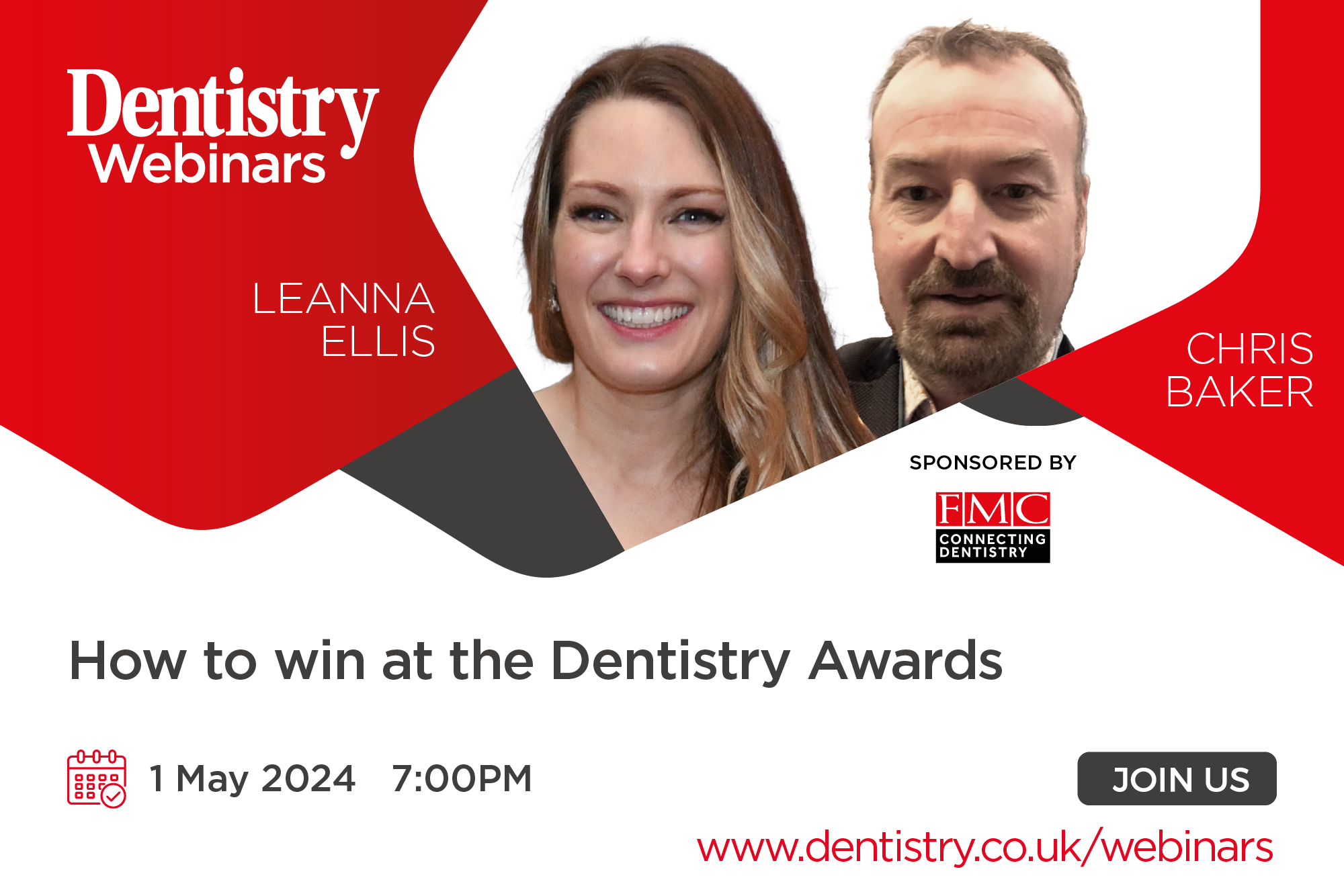
Eric Easson discusses what to do if you find yourself on the receiving end of unwanted attention from a patient.
Occasionally, the Dental Defence Union (DDU) is contacted by members whose patients have overstepped the dental professional/patient boundary by making their romantic feelings known or acting inappropriately.
This can include patients asking members out for a drink or more persistent behaviour, such as sending inappropriate cards and gifts, attempting to embrace the dental professional or contacting them via social media, email, text message or a messaging app.
Despite warnings being given to a patient regarding unwanted attention, occasionally, more persistent behaviour may develop. This could fall into the categories of harassment or stalking. Thankfully, this is a rare occurrence, but can be very worrying if it does happen.
Protecting your privacy
Dealing with a flirty or amorous patient can be uncomfortable at best, and is often distressing. This is especially the case when contact is made via a personal mobile, email address or social media account, as dental professionals can feel their privacy has been breached.
Sometimes, a patient has researched the individual concerned using information found online. With personal information being more easily accessible online, it is worth considering how to protect your privacy.
It is tempting to ignore an isolated incident of low-level flirting from a patient and avoid raising it with them should the behaviour be repeated. However, in our experience, it is advisable not to ignore any advances from a patient, as they may assume you don’t object.
Instead, it is wise to politely but firmly decline a patient’s advance and explain the importance of maintaining a professional boundary in cases where behaviour is more overt or persistent. This could include asking the dental professional out on a date or sending repeated flirty text messages.
Often, patients are genuinely surprised that going on a date with their dental professional is inappropriate. When you explain this to them, the requests are likely to stop.
Issue a warning
It might be necessary to send a warning in writing to the patient.
The warning needs to clearly outline to the patient why their behaviour is inappropriate and that they won’t be able to book routine appointments with the dental professional concerned in the future.
In addition, the warning should come from a senior team member not involved in the case. This approach is particularly useful when responding to letters, emails and texts.
It is preferable to the dental professional receiving the unwanted attention directly responding to the message themselves.
It’s also advisable to keep screenshots or copies of messages to maintain a record of the correspondence if matters escalate.
Additionally, asking the patient to meet with a senior staff member who isn’t the subject of the unwanted attention can be useful in further investigating the matter and, if necessary, a written summary of the meeting and a warning letter can follow.
Ending professional relationships
If the patient continues with their behaviour, then it may be appropriate to end your professional relationship. However, because the patient may view you taking this action negatively, it is important to get advice from your defence organisation if you are considering this step.
It may also be appropriate to involve the police where behaviour may be viewed as stalking, harassment, or if there are concerns about safety.
Finally, it may be wise to review what personal information is available online about staff members. Ensure that your personal social media security settings are robust enough.
These situations can be uncomfortable for all involved and distressing for dental professionals on the receiving end of unwanted attention. So, it’s wise to seek advice from your defence organisation if you have concerns about the behaviour of a patient.
Follow Dentistry.co.uk on Instagram to keep up with all the latest dental news and trends.



